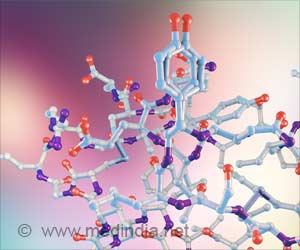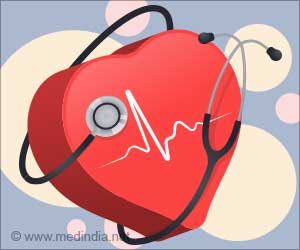A medication commonly prescribed for attention deficit hyperactivity disorder (ADHD) can also treat aphasia - a condition where a person loses his ability to recall and produce common words.
A medication commonly prescribed for attention deficit hyperactivity disorder (ADHD) can also treat aphasia - a condition where a person loses his ability to recall and produce common words.
Aphasia is caused by lesions to the language centers of the brain. These lesions are often due to stroke or brain injury, but can also be the result of a brain tumour or progressive disease such as Parkinson's or Alzheimer's.Types of aphasia can range from a patient having difficulty finding and producing a word to a patient having no ability at all to speak or understand language.
While most aphasia patients benefit from behavioral therapy to regain their language skills, a new area of treatment is opening up which looks at certain drugs to help augment the therapy.
"The standard of care for patients with aphasia has always been and will always be speech/language therapy, but a new area is opening up that looks at what drugs can be used in combination with therapy to enhance recovery from brain damage and help the brain repair itself," said Gerry Stefanatos, D.Phil., an associate professor of communication sciences and disorders in the College of Health Professions.
"We're looking at the mechanism of how this combination works - it's underlying effect on patients with aphasia," Stefanatos said.
Stefanatos found that dextroamphetamine (D-AMPH), a drug commonly used to treat ADHD can help process speech in the brain.
Advertisement
Stefanatos' study looked at the use of D-AMPH in ten aphasia patients. All were also given a placebo for comparison purposes. In each condition, participants were asked to make decisions about different types of speech sounds (vowels, consonant-vowels) and complex tones. Their brain's electrical response to each was recorded via an electroencephalogram (EEG).
Advertisement
"This tells us that D-AMPH may help the left hemisphere of the brain regain the ability to perform its functions. Understanding why the drug is having this effect allows us to start to think about how to tailor treatments to make them more effective or explore alternative drugs or drug combinations," said Stefanatos.he research has been presented at the International Neurological Society this month.
Source-ANI
THK















